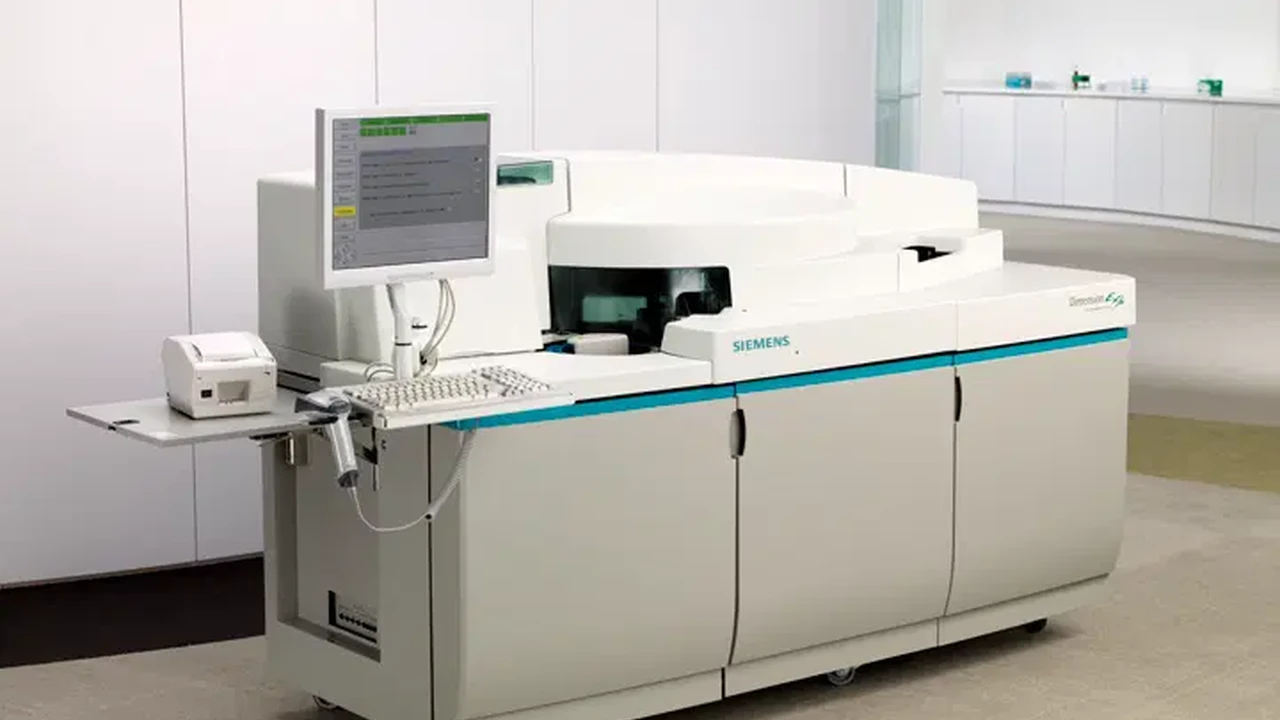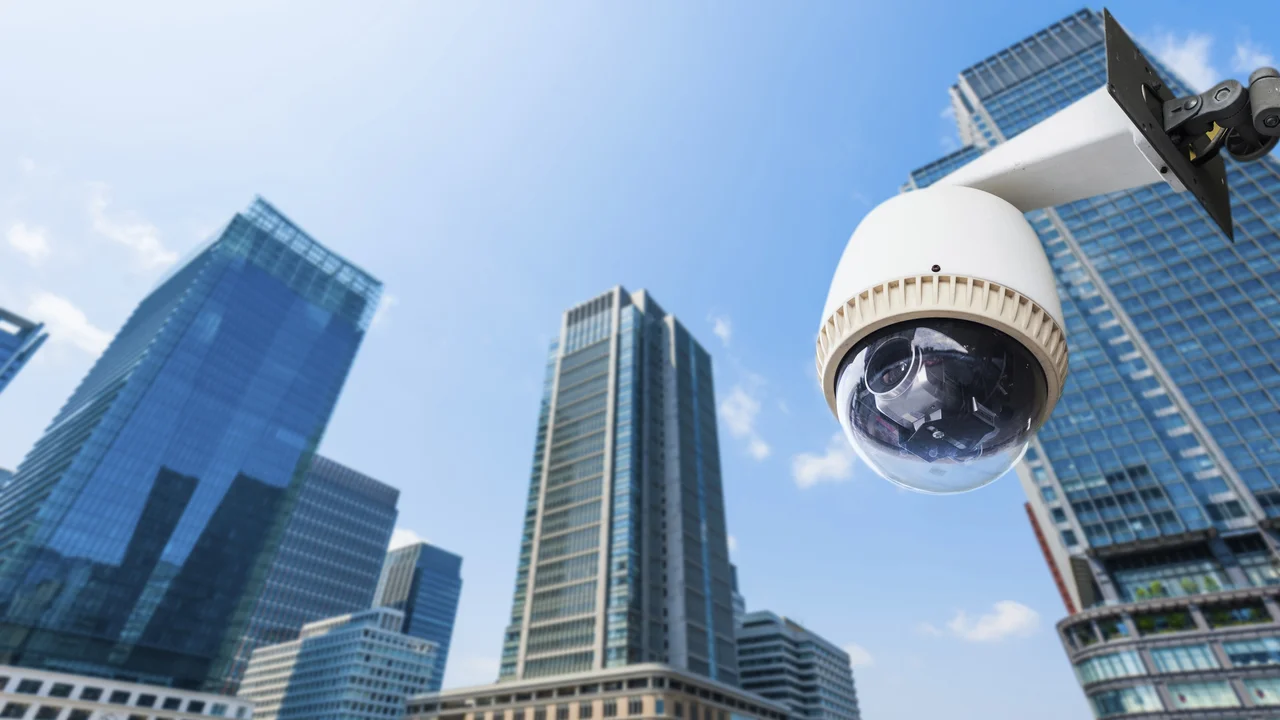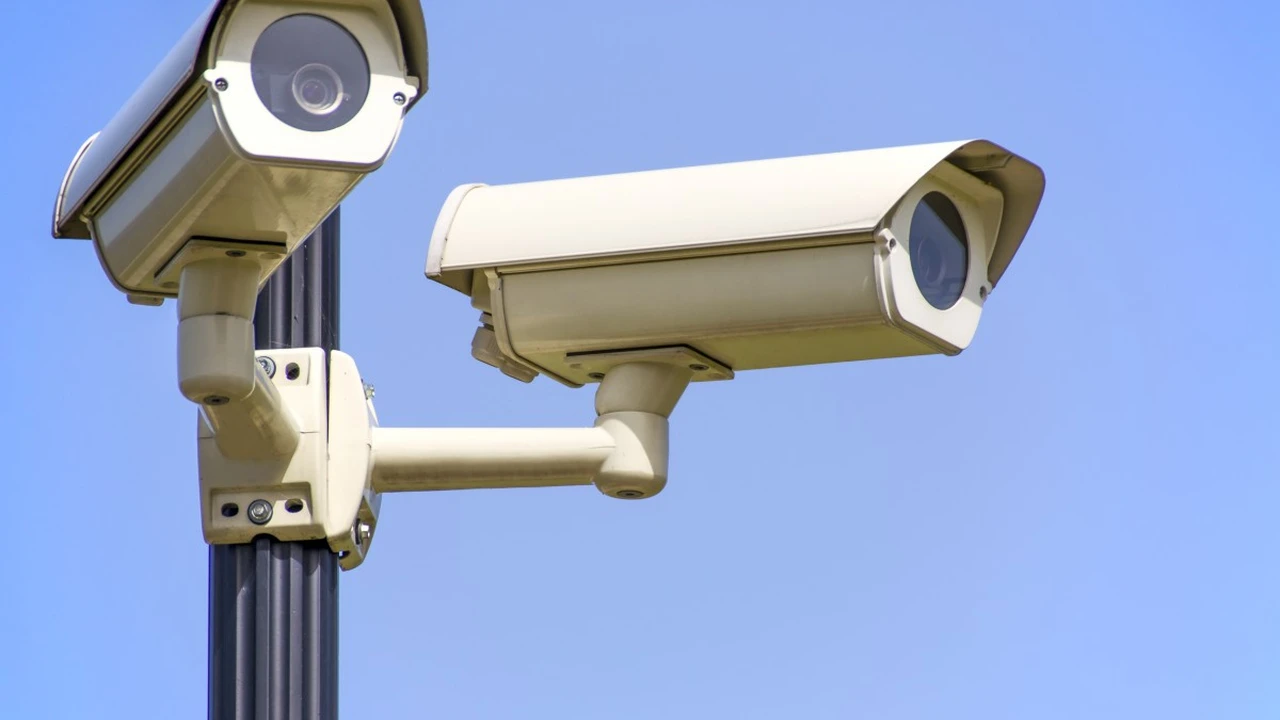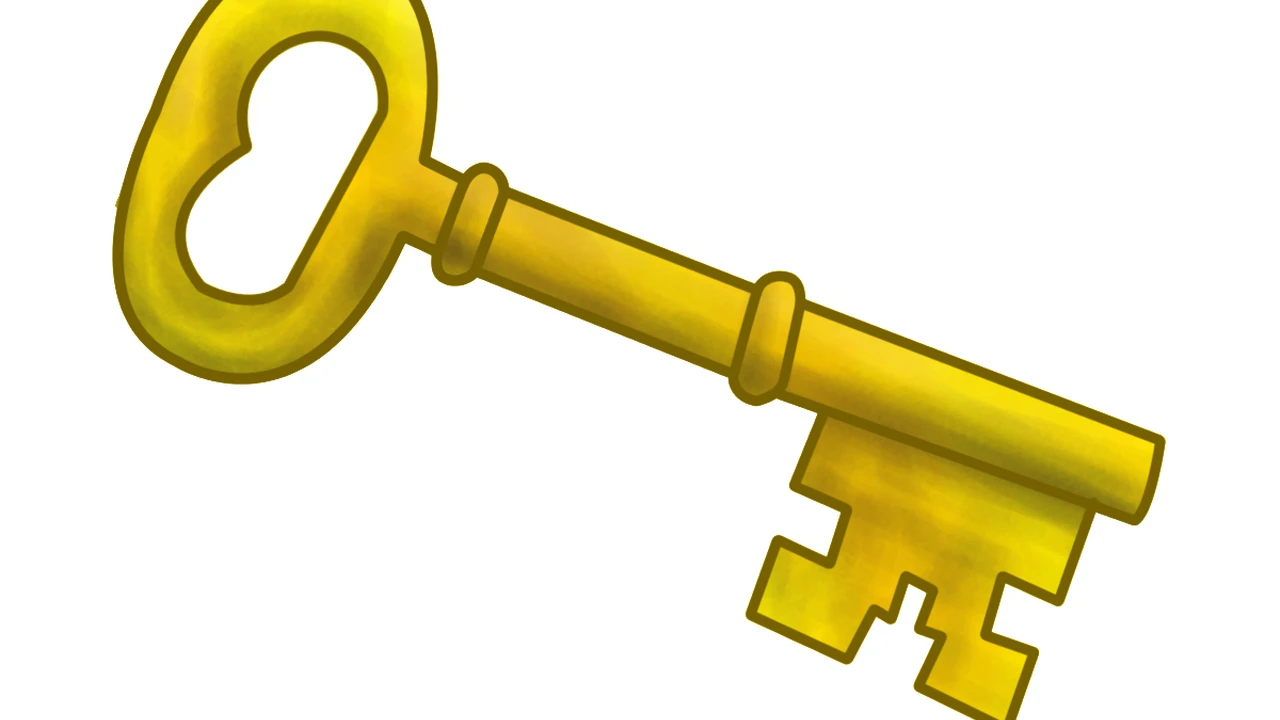Comparing Integrated Security Solutions Bosch vs Siemens
A detailed comparison of Bosch and Siemens integrated security solutions two major players in the industry.

Comparing Integrated Security Solutions Bosch vs Siemens
When it comes to integrated security solutions, Bosch and Siemens are two names that consistently rise to the top. Both companies boast a long history of innovation, reliability, and a comprehensive portfolio of products and services designed to protect everything from small businesses to sprawling enterprise campuses and critical infrastructure. But how do they stack up against each other? This in-depth comparison will delve into their offerings, strengths, weaknesses, and ideal use cases, helping you make an informed decision for your security needs.
Bosch Integrated Security Solutions Overview
Bosch, a German multinational engineering and technology company, has a formidable presence in the security sector. Their integrated security solutions are known for their robust engineering, advanced technology, and a strong emphasis on reliability and scalability. Bosch's approach often centers around a unified platform that brings together various security disciplines.
Key Bosch Security Offerings and Products
- Video Surveillance Systems: Bosch offers a wide range of IP cameras, including fixed, PTZ (Pan-Tilt-Zoom), and specialized cameras for various environments. Their Video Management System (VMS), Bosch Video Management System (BVMS), is highly regarded for its scalability, intelligent video analytics, and seamless integration with other Bosch security components. For example, the Bosch FLEXIDOME IP starlight 8000i camera (around $800-$1200) is excellent for low-light conditions, while the Bosch AUTODOME IP starlight 7000i PTZ camera (around $2000-$3500) offers wide-area coverage and advanced tracking.
- Access Control Systems: Bosch's Access Management System (AMS) provides comprehensive access control, from simple door entry to complex multi-site installations. It supports various credential types, including cards, biometrics, and mobile access. The Bosch Access Management System 3.0 is a popular choice for medium to large enterprises, with hardware costs varying based on the number of doors and readers (e.g., a single door controller might be $300-$600, and readers $100-$300 each).
- Intrusion Detection Systems: Bosch offers a range of intrusion panels and detectors, including motion sensors, door/window contacts, and seismic detectors. Their B Series and G Series control panels are highly flexible and can be integrated with video and access control. The Bosch B8512G Control Panel (around $400-$700) is a robust option for commercial applications.
- Fire Detection Systems: Bosch's fire alarm systems are known for their advanced detection capabilities and compliance with international standards. Their FPA-5000 Modular Fire Panel is a flagship product, offering high configurability and networkability. A basic fire panel might start from $1000, with detectors ranging from $50-$200 each.
- Public Address and Voice Evacuation Systems: Bosch is a leader in public address and voice evacuation, crucial for emergency communication. Their PRAESENSA system is a state-of-the-art IP-based solution.
- Building Integration System (BIS): This is Bosch's overarching platform that integrates all their security and building management systems into a single interface, providing a holistic view and control.
Bosch Strengths in Integrated Security
- Robust Engineering and Reliability: Bosch products are built to last, with a reputation for high quality and durability.
- Advanced Video Analytics: Their cameras and VMS offer sophisticated video analytics, including object detection, facial recognition, and suspicious behavior analysis, which can significantly enhance security operations.
- Scalability: Bosch solutions are designed to scale from small installations to large, complex enterprise environments.
- Strong Integration Capabilities: The BIS platform allows for seamless integration of various security disciplines, offering a unified management experience.
- Global Presence and Support: Bosch has a vast global network, providing extensive support and service.
Bosch Weaknesses in Integrated Security
- Higher Initial Cost: Bosch solutions can sometimes have a higher upfront investment compared to some competitors.
- Complexity: The advanced features and extensive integration options can sometimes lead to a steeper learning curve for operators.
- Proprietary Focus: While they support open standards, Bosch often encourages a full Bosch ecosystem for optimal performance.
Siemens Integrated Security Solutions Overview
Siemens, another German industrial giant, also offers a comprehensive suite of integrated security solutions, often under their Smart Infrastructure division. Siemens focuses on creating intelligent, sustainable, and secure environments, with a strong emphasis on building management systems that incorporate security as a core component.
Key Siemens Security Offerings and Products
- Video Surveillance Systems: Siemens offers a range of Siveillance VMS solutions, including Siveillance VMS 300, 1000, and 2000, catering to different scales of deployment. They also provide a variety of cameras, often integrating with third-party hardware. The Siemens Siveillance VMS 1000 is suitable for medium-sized installations, with software licenses varying based on camera count (e.g., starting from $500 for a basic license).
- Access Control Systems: Siemens' SiPass integrated access control system is a powerful and flexible solution for managing access rights across multiple sites. It supports a wide array of readers and credentials. The Siemens SiPass integrated system is highly customizable, with hardware and software costs depending on the project scope (e.g., a controller for 2-4 doors might be $700-$1200).
- Intrusion Detection Systems: Siemens offers the Sintony series of intrusion detection systems, known for their reliability and advanced detection capabilities. These systems can be integrated with other security and building management systems. The Siemens Sintony 60 is a popular choice for commercial and industrial applications (control panel around $500-$900).
- Fire Detection Systems: Siemens is a global leader in fire safety, with their Cerberus PRO and Sinteso fire detection systems. These systems offer advanced detection technologies, including aspirating smoke detection and multi-criteria detectors. A basic Cerberus PRO panel might start from $1500, with detectors ranging from $60-$250 each.
- Building Management Systems (BMS): Siemens' Desigo CC is a powerful BMS that integrates HVAC, lighting, energy management, and security systems into a single platform, offering a holistic view of building operations.
- Siveillance Suite: This is Siemens' overarching security management platform that unifies video surveillance, access control, and intrusion detection.
Siemens Strengths in Integrated Security
- Strong Building Management Integration: Siemens excels at integrating security with broader building management systems, offering a truly holistic approach to smart buildings.
- Comprehensive Fire Safety: Their fire detection systems are among the best in the industry, with a strong focus on life safety.
- Scalability and Flexibility: Siemens solutions are highly scalable and can be tailored to meet diverse project requirements.
- Open Platform Approach: Siemens often emphasizes open standards and interoperability, allowing for easier integration with third-party systems.
- Energy Efficiency Focus: As part of their Smart Infrastructure division, Siemens solutions often incorporate energy efficiency considerations.
Siemens Weaknesses in Integrated Security
- Complexity of Large Deployments: While flexible, very large and complex Siemens deployments can require significant expertise to configure and manage.
- Potentially Higher Cost for Full Integration: Achieving full integration across all building systems with Siemens can be a significant investment.
- Less Emphasis on Proprietary Video Analytics: While they offer video analytics, Bosch often has a more proprietary and deeply integrated approach to advanced video intelligence.
Bosch vs Siemens Direct Comparison Key Differentiators
Let's break down some key areas where Bosch and Siemens might differ, helping you pinpoint which solution aligns better with your specific needs.
Integration Philosophy and Platform
- Bosch: Bosch's Building Integration System (BIS) is a powerful platform designed to unify all Bosch security and safety systems. It's a strong contender if you're looking for a tightly integrated, single-vendor solution where all components are designed to work seamlessly together. This can simplify troubleshooting and support.
- Siemens: Siemens' Desigo CC (Building Management System) and Siveillance Suite (Security Management System) offer robust integration, particularly strong when combining security with other building functions like HVAC and energy management. Siemens often has a more open approach, making it easier to integrate with a wider range of third-party hardware and software, which can be beneficial if you have existing infrastructure you want to leverage.
Video Surveillance and Analytics
- Bosch: Bosch is often seen as a leader in intelligent video analytics. Their cameras come with built-in analytics (IVA - Intelligent Video Analytics) that can perform complex tasks like object classification, crowd detection, and even predictive analytics at the edge. BVMS is a highly capable VMS.
- Siemens: Siemens offers strong video surveillance solutions through their Siveillance VMS. While they provide analytics, Bosch often has a slight edge in the depth and sophistication of proprietary, edge-based video intelligence. Siemens often relies on integrating with specialized analytics platforms for more advanced requirements.
Access Control Systems
- Bosch: Bosch AMS is a solid, reliable access control system, well-suited for various organizational sizes. It's known for its ease of use and integration within the Bosch ecosystem.
- Siemens: SiPass integrated is a highly flexible and scalable access control system, particularly strong for large, complex organizations with diverse access requirements. It offers extensive customization options and robust reporting.
Fire Safety and Life Safety
- Bosch: Bosch offers excellent fire detection systems that meet stringent international standards. Their voice evacuation systems are also top-tier.
- Siemens: Siemens is arguably a global benchmark in fire safety. Their Cerberus PRO and Sinteso systems are renowned for their advanced detection technologies, reliability, and comprehensive life safety features. If fire safety is your absolute top priority, Siemens often has a very compelling offering.
Target Market and Use Cases
- Bosch: Bosch is an excellent choice for organizations seeking a high-performance, reliable, and deeply integrated security solution, especially where advanced video analytics and a unified security platform are critical. Ideal for corporate campuses, industrial facilities, and high-security environments.
- Siemens: Siemens shines in environments where security needs to be tightly integrated with broader building management and automation systems. This makes them a strong fit for smart buildings, large commercial complexes, airports, and critical infrastructure where holistic operational efficiency and sustainability are key.
Pricing and Investment Considerations
Both Bosch and Siemens represent significant investments, and their pricing structures are complex, depending heavily on the scale, features, and customization required for each project. It's not uncommon for a comprehensive integrated security solution from either vendor to range from tens of thousands to several million dollars for large enterprise deployments.
- Bosch: Generally, Bosch's proprietary hardware and advanced analytics can lead to a slightly higher initial hardware cost. However, the long-term reliability and efficiency gained from their integrated ecosystem can offer a strong return on investment.
- Siemens: Siemens' solutions can also be premium-priced, especially when integrating with their full suite of building management systems. Their open platform approach might allow for some cost savings if you can leverage existing third-party hardware, but the software and integration services for complex systems will still be substantial.
For both, expect costs to include:
- Hardware (cameras, readers, panels, detectors)
- Software licenses (VMS, AMS, BMS)
- Installation and commissioning services
- Maintenance and support contracts
- Training for operators
Making Your Decision Bosch or Siemens
Choosing between Bosch and Siemens for integrated security solutions isn't about one being definitively 'better' than the other. It's about finding the best fit for your specific organizational needs, priorities, and existing infrastructure.
Consider Bosch if:
- You prioritize cutting-edge video surveillance with advanced, edge-based analytics.
- You prefer a tightly integrated, single-vendor security ecosystem for simplified management.
- Reliability and robust engineering are paramount.
- Your primary focus is on security, with less emphasis on deep integration with broader building automation beyond security.
Consider Siemens if:
- You need deep integration between security and broader building management systems (HVAC, energy, lighting).
- Fire safety and life safety are your absolute top priorities, and you need industry-leading fire detection.
- You require a highly flexible and scalable system that can easily integrate with a wide range of third-party components.
- You are building or managing a 'smart building' where holistic operational efficiency is key.
Ultimately, the best approach is to conduct a thorough needs assessment, engage with both Bosch and Siemens representatives, request detailed proposals, and ideally, visit reference sites to see their solutions in action. Both companies offer world-class integrated security solutions that can provide robust protection and operational efficiency for your organization.
:max_bytes(150000):strip_icc()/277019-baked-pork-chops-with-cream-of-mushroom-soup-DDMFS-beauty-4x3-BG-7505-5762b731cf30447d9cbbbbbf387beafa.jpg)






